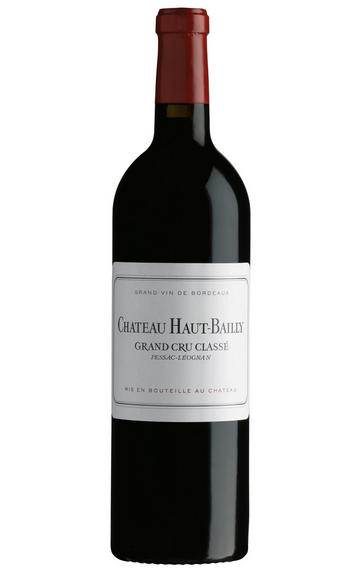
2003 Château Haut-Bailly, Pessac-Léognan, Bordeaux
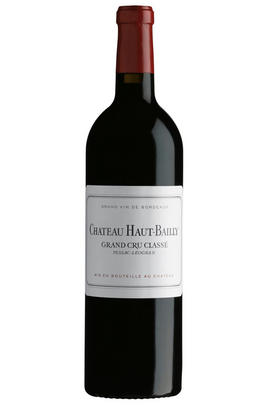
Critics reviews
Robert M. Parker, Jr. - 28/08/2014
Berry Bros. & Rudd wines featured in The Wall Street Journal by Will Lyons - 15 Aug 2013
Will Lyons writes a weekly column for The Wall Street Journal. His humorous, informed, down-to-earth writing has been recognized in both the Glenfiddich and Roederer wine writing Awards. He began his career in London, as a wine merchant in St. James’s where he developed a love for the classic wines of Europe. He has written for a variety of publications including The Scotsman, Reader’s Digest, The Spectator and Decanter.
About this WINE
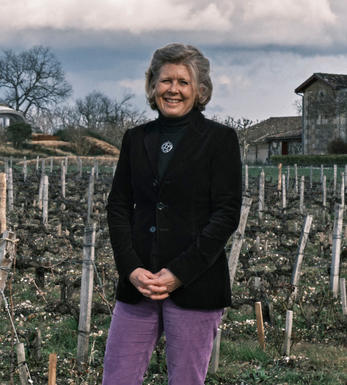
Chateau Haut-Bailly
Château Haut-Bailly is a Graves Cru Classé estate that has really hit form in the last 5-7 years. Haut-Bailly was bought by the Sanders family in 1955 and was run by Jean Sanders until 1998 when Robert G. Wilmers, an American banker, purchased it. It is located in the commune of Léognan, which is usually more associated with white wine production.
Haut-Bailly has 28 hectares of vineyards which are very well sited on high, gravelly ground just east of Léognan village. The wine is a blend of Cabernet Sauvignon (65%), Merlot (25%) and Cabernet Franc (10%). It is matured in small oak barriques (50% new) for 15 months and is bottled unfined and unfiltered.
Ch. Haut-Bailly makes small quantities of a rosé from 100% Cabernet Sauvignon, preferring to use the single varietal to maintain freshness in the blend. The wine is fermented 1/3 in new oak barrels and 2/3 in stainless steel at 16°C.
Haut-Bailly is renowned for its smoothness and silkiness but, since the mid 1990s, the wines have better depth of fruit as well as more grip, concentration and body. They are now amongst the top echelons of Pessac-Léognan wines.
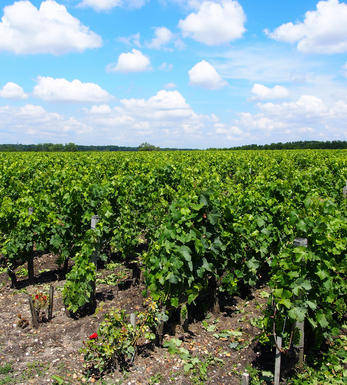
Pessac-Leognan
In 1986 a new communal district was created within Graves, in Bordeaux, based on the districts of Pessac and Léognan, the first of which lies within the suburbs of the city. Essentially this came about through pressure from Pessac-Léognan vignerons, who wished to disassociate themselves from growers with predominately sandy soils further south in Graves.
Pessac-Léognan has the best soils of the region, very similar to those of the Médoc, although the depth of gravel is more variable, and contains all the classed growths of the region. Some of its great names, including Ch. Haut-Brion, even sit serenely and resolutely in Bordeaux's southern urban sprawl.
The climate is milder than to the north of the city and the harvest can occur up to two weeks earlier. This gives the best wines a heady, rich and almost savoury character, laced with notes of tobacco, spice and leather. Further south, the soil is sandier with more clay, and the wines are lighter, fruity and suitable for earlier drinking.
Recommended Châteaux: Ch. Haut-Brion, Ch. la Mission Haut-Brion, Ch. Pape Clément, Ch Haut-Bailly, Domaine de Chevalier, Ch. Larrivet-Haut-Brion, Ch. Carmes Haut-Brion, Ch. La Garde, Villa Bel-Air.
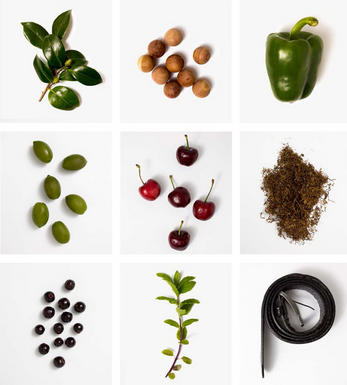
Cabernet Sauvignon Blend
Cabernet Sauvignon lends itself particularly well in blends with Merlot. This is actually the archetypal Bordeaux blend, though in different proportions in the sub-regions and sometimes topped up with Cabernet Franc, Malbec, and Petit Verdot.
In the Médoc and Graves the percentage of Cabernet Sauvignon in the blend can range from 95% (Mouton-Rothschild) to as low as 40%. It is particularly suited to the dry, warm, free- draining, gravel-rich soils and is responsible for the redolent cassis characteristics as well as the depth of colour, tannic structure and pronounced acidity of Médoc wines. However 100% Cabernet Sauvignon wines can be slightly hollow-tasting in the middle palate and Merlot with its generous, fleshy fruit flavours acts as a perfect foil by filling in this cavity.
In St-Emilion and Pomerol, the blends are Merlot dominated as Cabernet Sauvignon can struggle to ripen there - when it is included, it adds structure and body to the wine. Sassicaia is the most famous Bordeaux blend in Italy and has spawned many imitations, whereby the blend is now firmly established in the New World and particularly in California and Australia.


Buying options
Add to wishlist
Description
2003 was a blisteringly hot year and the wines produced lack nothing in ripeness. Not everyone was able to cope with the heat but Haut Bailly did so admirably and the result is a wine of sumptuous fruit, low tannin and moderate acidity which partners lamb and hard cheeses admirably. Haut Bailly is a rising star, worth following year in, year out, and in value terms punching above its weight.
The harvest here was brought in in small stages as each plot reached optimum ripeness. The whole process took over a month, but tasting the wine it is evident that this painstaking care and attention has paid off for the charming Véronique Sanders. A beautifully classical, perfumed, stylish nose introduces a velvety palate that conceals the firm structure for which Haut-Bailly is renowned. A plump, generous and very long finish confirms the success of this rising star in 2003. This is a serious Claret of great depth and complexity. Bravo.
Simon Staples - Fine Wine Director
wine at a glance
Delivery and quality guarantee